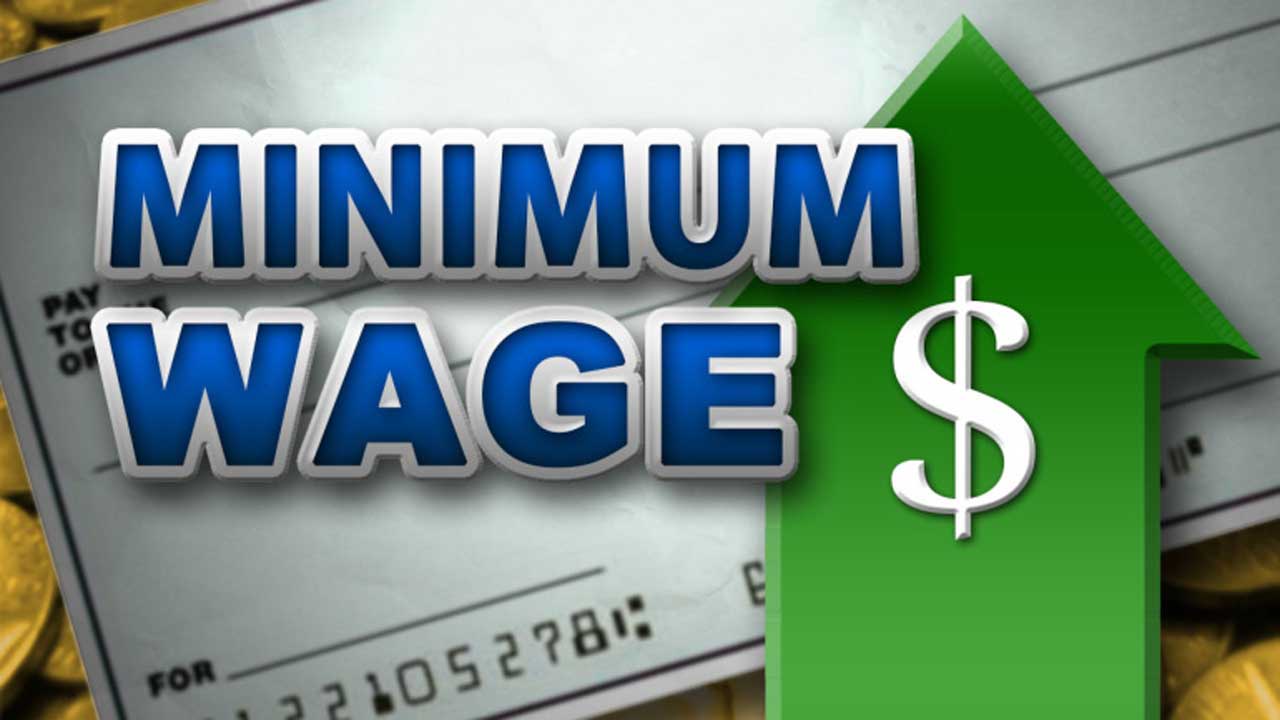
IT is not a surprise that organised labour is all out to secure a wage review. Since President Bola Tinubu’s reform threw the economy into a tailspin shortly after he assumed office last May, Nigerian workers have been on the receiving end of it. In the negotiations, the federal and state governments must find the right balance with regards to the country’s double-digit inflation, the national debt profile, and the ability of states and the Federal Government to pay on time.
Things are not looking good. From the current N30,000 per month, organised labour, represented by the Nigeria Labour Congress and the Trade Union Congress, initially argued for N200,000/m. As this was being digested, NLC President Joe Ajaero demanded N1 million/m as the minimum wage. While the N30,000 rate is grossly low, the fresh demands are not realistic.
The challenge before the minimum wage committee, which Tinubu inaugurated recently, is to find a realistic rate for all the parties concerned, including the private sector.
Incidentally, the Nigerian economy is undergoing challenges on many fronts – inflation is 29.90 per cent; the debt stock is N87.9 trillion; the lending rate is 18.75 per cent; the naira is badly depreciated at N1,500 per $1, all aggravating the cost-of-living crisis. In January, food inflation accelerated to 35.41 per cent from 23.75 per cent in December 2022 and 33.93 per cent in December 2023. Petrol and diesel, the livewire of the economy, have witnessed rapid price increases.
From the foregoing, labour is surely within its rights to demand an upward wage review. The question is the rate of increment. Undoubtedly, Nigeria remains in an economic cul-de-sac. Debt servicing gulped 99 per cent of its revenue in the first quarter of 2023. The task before the government would be how to garner resources to pay the new wages. If it borrows more to assuage the agitations of labour, its finances will soon collapse.
In retrospection, if the minimum wage is too high, the states might find it difficult to pay. This is worse fate for the workers. In the Goodluck Jonathan era when the minimum wage was increased to N18,000, many states owed workers’ salaries. As of October 2023, BudgIT stated that 15 states did not pay the N30,000 minimum wage fixed by the Muhammadu Buhari administration in 2019. Data by Economic Confidential stated that only seven states are economically viable without federal allocations.
This is the crux of the debacle; how higher wages can offset the cost-of-living in a depressed economy.
The best solution is for the government to focus on building a strong, stable, and viable economy. It must support SMEs to stimulate jobs, divest further from the power sector to increase generation to manufacturers; block revenue loopholes and reduce the cost of governance.
Inflation is critical. The government must tame it through strategic policies. In the United Kingdom, the 41-year inflation rate of 11.1 per cent in October 2022 held steady at 4.0 per cent in January on the back of lower food prices and higher interest rate.
Nigeria’s food inflation is partially a function of insecurity. Therefore, government must tackle insecurity by decentralising the single policing system. All tiers of government must build roads and railways to ease movement.
Outside of the national minimum wage, every state should be allowed to determine what it can pay its workers. In the US, the 2009 federally mandated minimum wage is $7.25 per hour. In the true spirit of federalism, 31 of the 50 American states pay a minimum of $8.25/h, with the District of Colombia highest at $17 per hour, followed by Washington ($16.28/h) and California ($16/h).
This is an impetus to restructure Nigeria: to provoke states to become independent economic units, thereby improving the standard of living in their domains without waiting for the centre.





